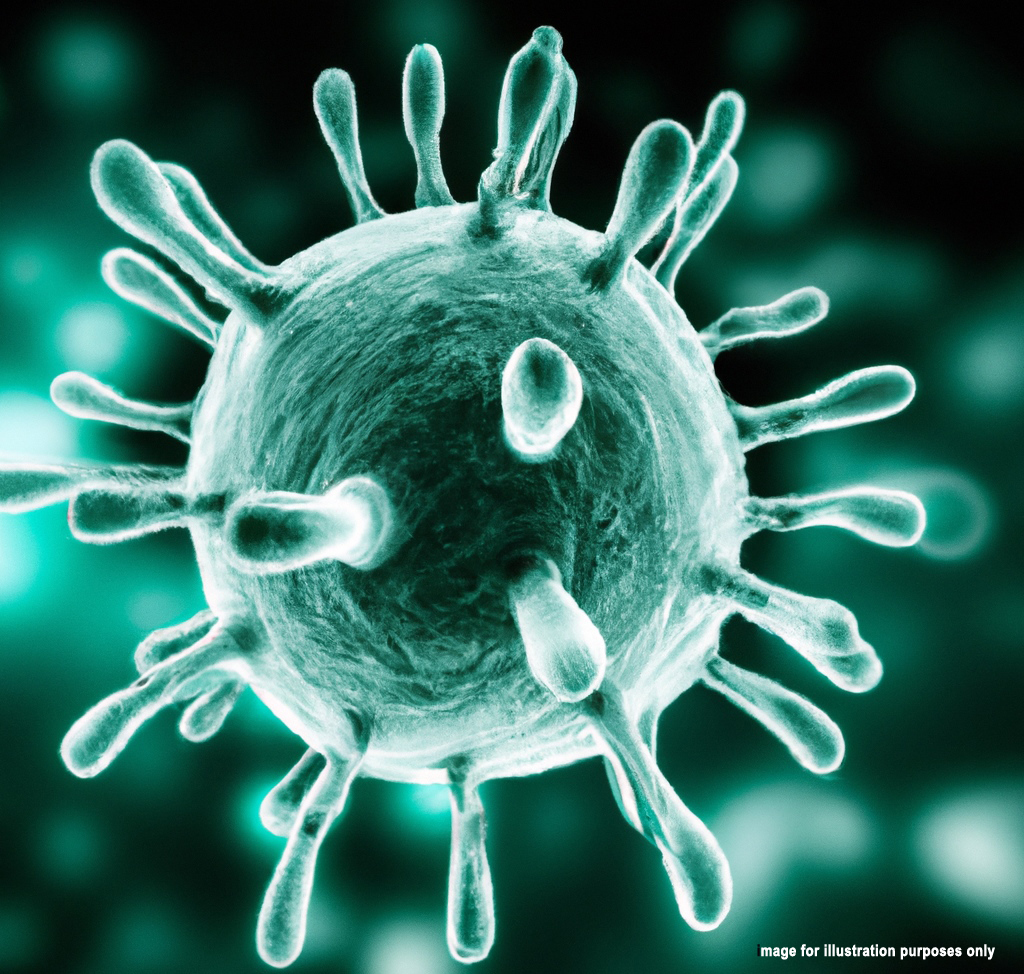Novel Coronavirus (Covid-19)

The 2019 Novel Coronavirus (2019-nCoV), officially named Covid-19, is a
virus identified as the cause of a respiratory illness outbreak initially
detected in Wuhan, China. Early reports indicated that many patients in
Wuhan had connections to a large seafood and animal market, suggesting
transmission from animals to humans. However, an increasing number of cases
have occurred in individuals with no exposure to animal markets, indicating
person-to-person spread is occurring. The extent and sustainability of this
virus's transmission between individuals remain unclear.
Transmission
Much remains uncertain about how 2019-nCoV spreads, given its novelty.
Current understanding is largely based on knowledge of similar coronaviruses.
Coronaviruses are prevalent in various animal species, including camels,
cattle, cats, and bats. While animal coronaviruses rarely infect humans,
some, like MERS, SARS, and now 2019-nCoV, can spread among people.
Transmission between individuals primarily occurs through close contact,
approximately within 6 feet. Person-to-person spread is believed to happen
mainly via respiratory droplets produced when an infected person coughs or
sneezes, akin to the transmission of influenza and other respiratory
pathogens. Whether the virus can spread through contact with contaminated
surfaces remains uncertain.
Symptoms
Symptoms of confirmed 2019-nCoV infections range from mild or asymptomatic
cases to severe illness and fatalities. Common symptoms include fever,
cough, and shortness of breath. The incubation period—the time from exposure
to onset of symptoms—may range from 2 to 14 days, based on previous
experiences with MERS viruses.
Prevention and Treatment
Currently, no vaccine exists to prevent 2019-nCoV infection. Preventive
measures include avoiding exposure to the virus and practicing everyday
preventive actions recommended by the CDC, such as regular handwashing,
avoiding close contact with sick individuals, and staying home when feeling
unwell.
For individuals sick with 2019-nCoV, steps to prevent its spread include
staying home except for medical care, wearing a facemask, practicing
respiratory etiquette, and maintaining good hand hygiene. Additionally,
individuals should avoid sharing personal household items and monitor their
symptoms closely.
undo Common Diseases in Malaysia